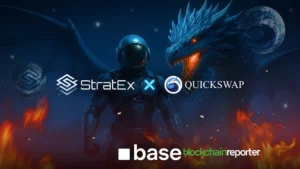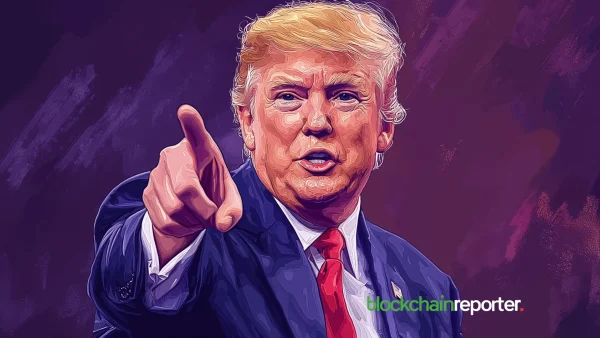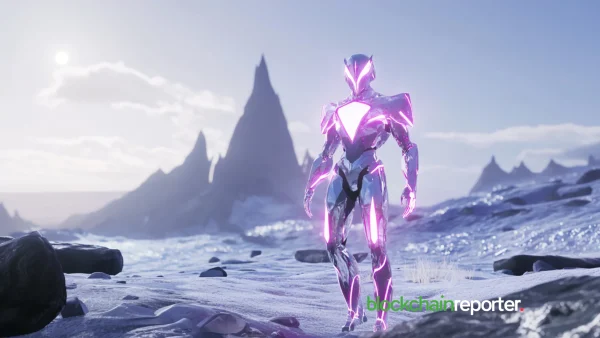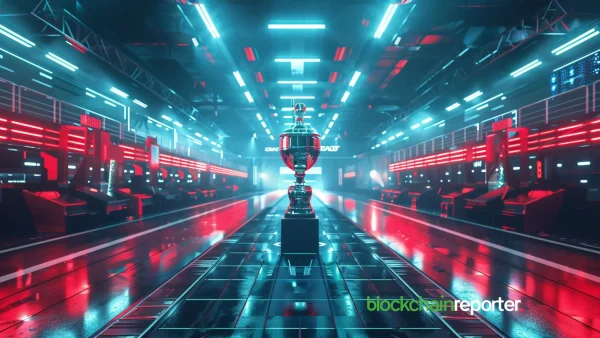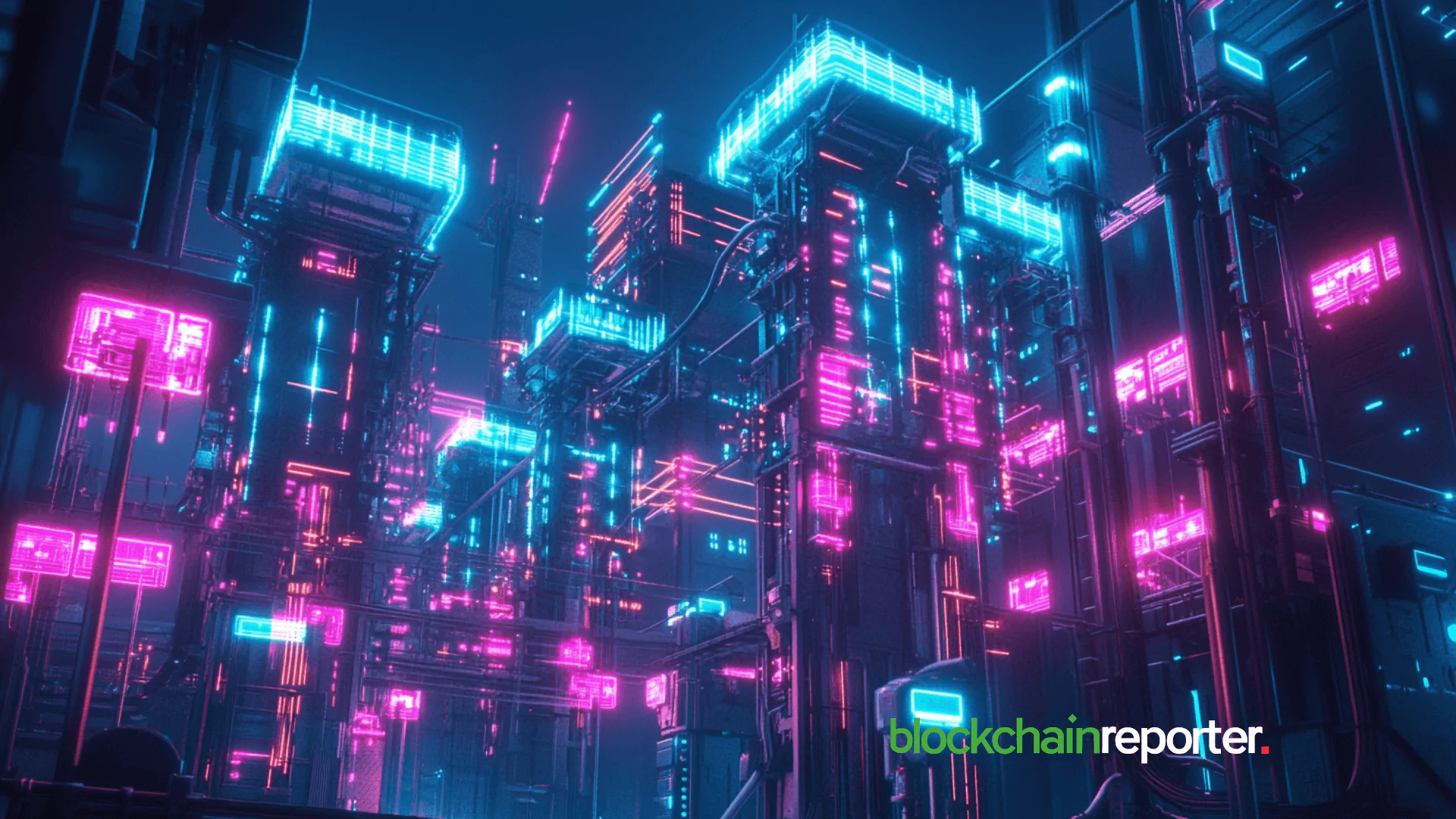
Not so long ago, discussion surrounding blockchain and cryptocurrencies typically met with scepticism, predominantly because most people simply didn’t understand the swiftly emerging technologies. But we now live in a world that has increasingly embraced the unlimited possibilities they provide.
One good example is the art industry, which is enjoying something of a renaissance in the digital age, broadening its creative horizons and provoking the rise of new marketplaces.
Considering that factors like fraud and forgery have been constant issues, blockchain technologies are now commonplace, providing digital certificates to prove the authenticity and origins of important artworks.
Furthermore, art itself has evolved thanks to the rapid emergence of non-fungible tokens (NFTs), whereby creators can produce and sell entirely digital artworks.
Each piece of art is truly unique in scope and scale, from tiny images to sprawling visual masterpieces. Indeed, such is the fascinating impact of blockchain technologies, entirely new galleries are being formed around NFT artworks.
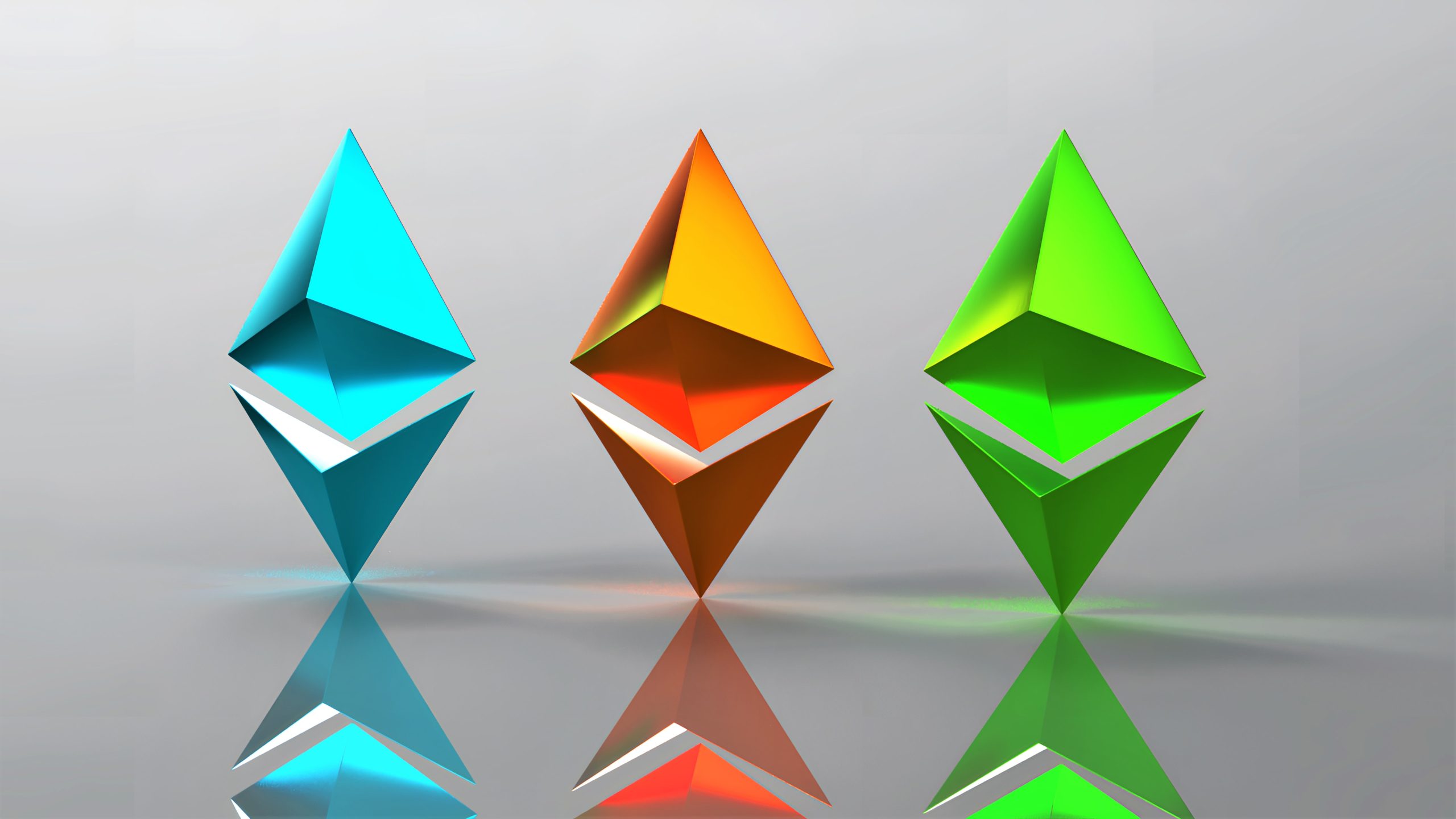
One such example is based in Melbourne, where the Australian National NFT Gallery (ANNG) is located. “Our goal is to promote the creation and exchange of ideas between the art world and blockchain enthusiasts,” states the official website: https://www.nationalnft.com.au/
Having risen far beyond the realm of geeks and nerds, the video games industry is now very much in the mainstream, now accepted as being one of the most popular worldwide pastimes for billions of people.
Thanks to the vast growth of the internet and mobile communications, online gaming is hugely popular, making this particular sector of the gaming industry fertile ground for growth and advancement.
Blockchain technology is now being deployed effectively to create in-game economies, which increasingly facilitates the trading of digital assets between players, which previously had little real-world value to speak of.
While microtransactions are nothing new, they are typically unidirectional and created the impression of unfair pay-to-win models, frowned upon by gamers with limited financial resources. However, alternative business models are now being embraced.
Australian developer Immutable is focused on disrupting the games industry, taking NFTs mainstream, following the launch and ongoing development of their Guild of Guardians mobile game: https://www.guildofguardians.com
“Players spend $100 billion each year on in-game items which they don’t truly own. This is wrong. Players deserve to be able to own and trade their assets for real money. This is why we are building a free to play mobile RPG where players can turn their passion into NFTs.”
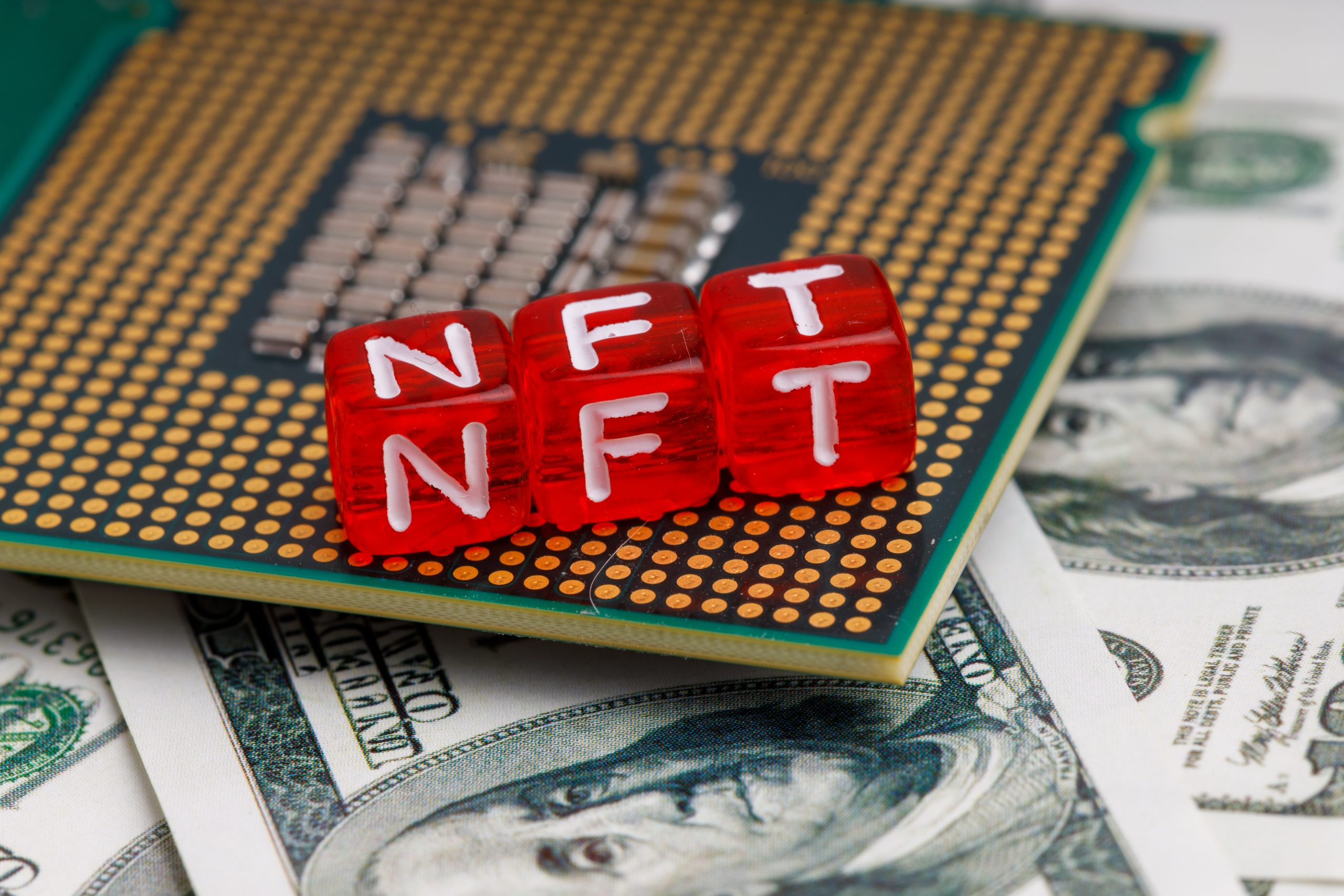
According to Immutable, the blockchain technology being used is based around the Ethereum network, allowing players to securely trade in-game assets, and even convert NFT sales into cryptocurrencies via their digital wallets.
Meanwhile, quicker than most industries when it comes to embracing blockchain, the iGaming sector already boasts a reputation for embracing technological advances, particularly those providing increased safety and security for players.
Based upon the latest reviews by Casino Aus experts, beyond providing players with variety when it comes to games and attractive bonus offers, the best casino sites are those featuring cutting-edge encryption technology: https://www.casinoaus.net/real-money-casinos/
The speed and reliability of deposits and withdrawals is important for Australian gamblers, which explains why Bitcoin has become so popular in the iGaming scene. Compared to traditional banking methods, cryptocurrencies are faster and more reliable.
While these are three different niches of industry, all share common ground when it comes to embracing blockchain technologies. Far beyond being a passing trend or momentary fad, their focus on crypto indicates these technologies are fast becoming vital components for growth.





